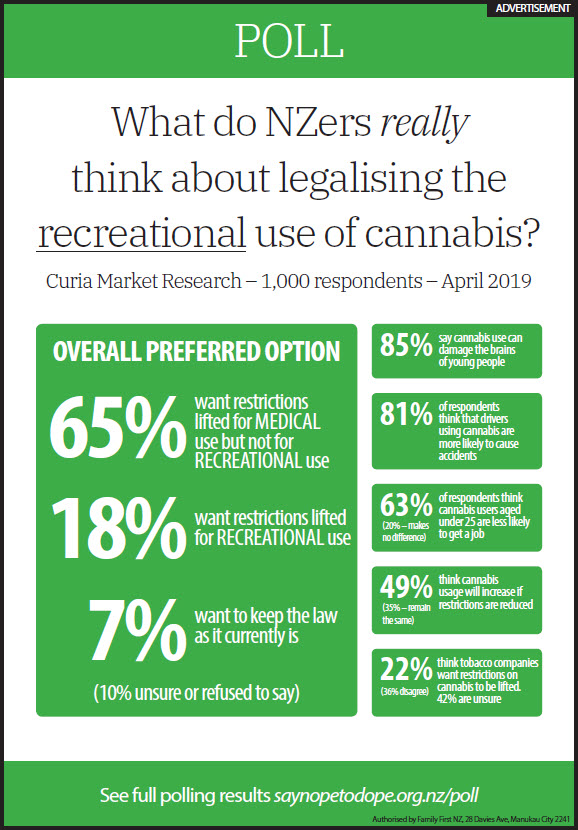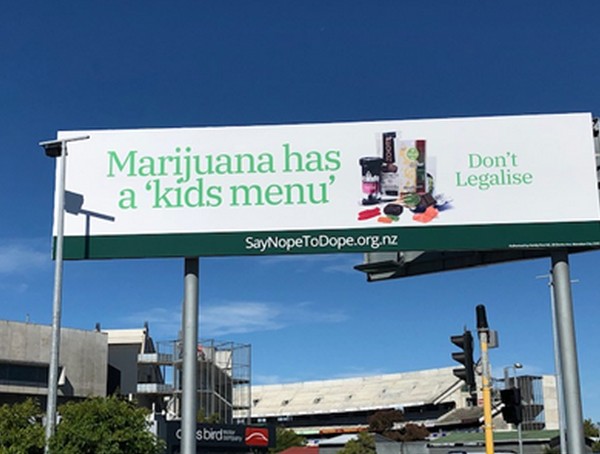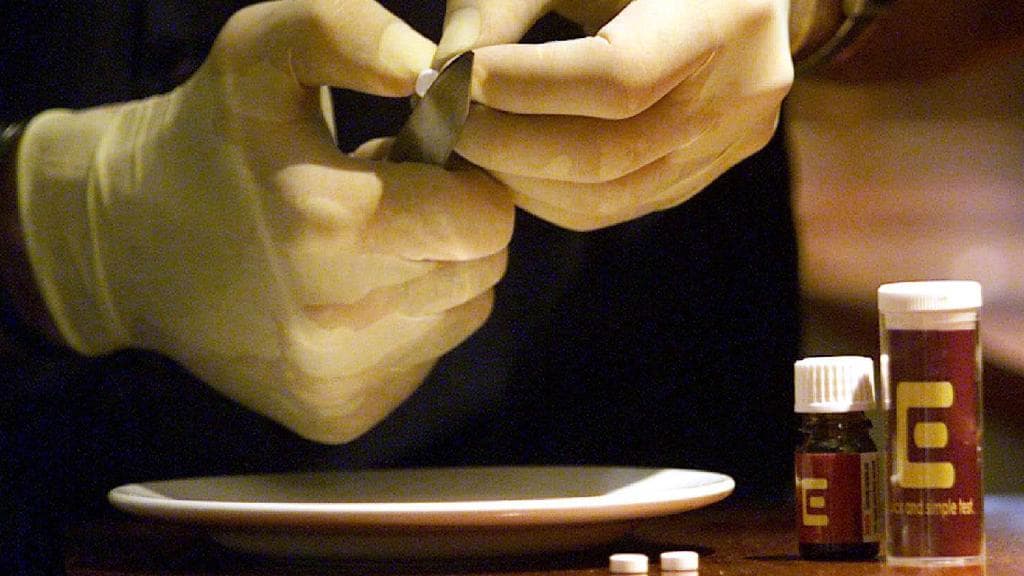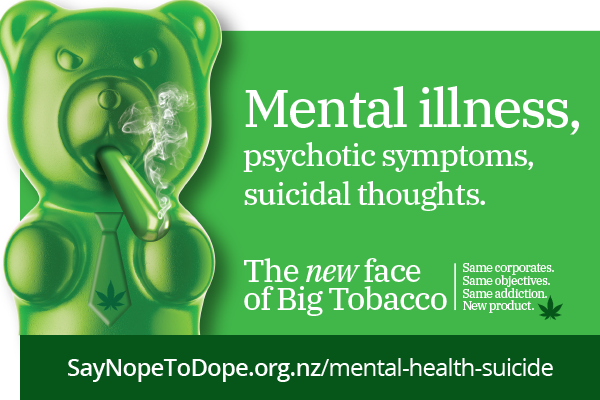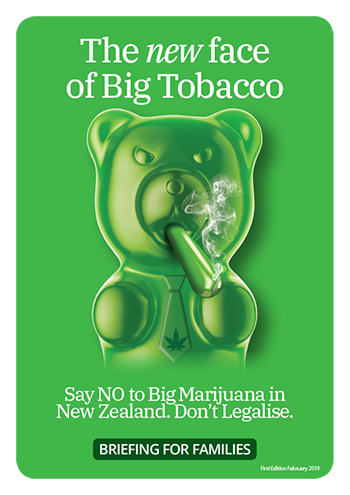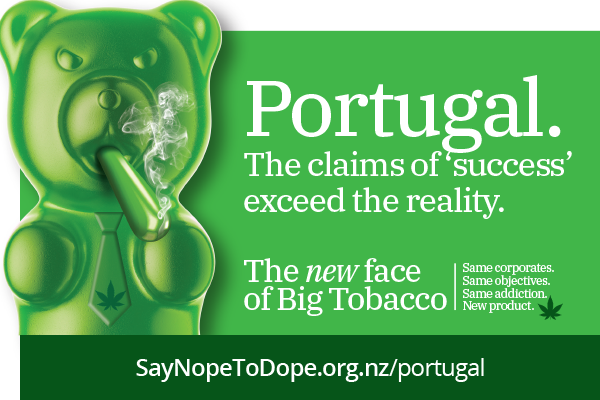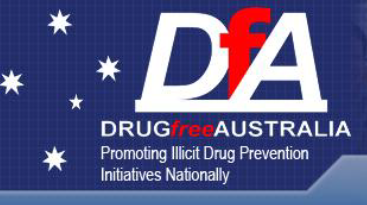
DRUG FREE AUSTRALIA 30 January 2019
Drug Free Australia has been very concerned about the national pill testing push within Australia and New Zealand which has chiefly been led here by members of an organisation, Harm Reduction Australia.
Our concerns have pivoted on the fact that MDMA, which is a most sought-after substance at music festivals, has been the substance responsible for almost all deaths within Australia, rather than impurities in party pills or other illicit drugs in the pill which are unknown to the user. To that end I am communicating with you as a New Zealand Parliamentarian.
We are urging you, as a parliamentarian who makes evidence-based decisions for the well-being of your nation’s individuals, to totally reject any further discussion on pill testing in New Zealand until such time as its advocates have demonstrated from available NZ Coroners’ reports that
- it is NOT the substance MDMA, or MDMA in a polydrug use context, which is chiefly responsible for the many NZ deaths
OR
- that most of the deaths are alternately from MDMA consumed in amounts beyond what is considered normal for recreational use
In Australia we have previously made our view known to Australian politicians, a view which has been backed by strong evidence from the medical literature, and this has now led to many parliamentarians here no longer considering pill testing as an option. In our communications we had asserted that MDMA is the sole drug responsible for many of the deaths, but has also contributed via polydrug use to many others.
We have cited the only Australian study on ecstasy-related deaths. This studied 82 deaths over a five-year period (2001-2005)[i] where MDMA was the sole drug responsible for 23% of the deaths, with another 59% due to MDMA taken in combination with other licit and illicit drugs, totaling 82% of the 82 deaths. Coroners’ reports in more recent years, as reported in the media, concur. Of the five festival deaths in NSW this summer, ecstasy has been implicated as the cause in all five, according to Professor Andrew Dawson, as reported recently by the Daily Telegraph.
We have also alerted our politicians to the fact that most MDMA deaths are not overdoses. As DanceSafe[ii], an American harm reduction group has persuasively outlined:
Overdosing means taking a higher than appropriate dose of a medicine or a drug. In other words, it simply means taking too much or taking a “dose” that is “over” the proper therapeutic or recreational amount. The association of the word “overdose” with “drug-related death” is primarily reflective of heroin and opiate-related deaths, where the majority of fatalities may, in fact, result of overdosing. However, MDMA-related deaths are rarely the result of an overdose, and calling them overdoses is dangerous and negligent. It sends the message that “you will be okay as long as you don’t take too much,” which is simply not true. In the vast majority of cases of MDMA-related deaths, where no other drugs were found in the person’s bloodstream, the deceased had taken a dose within the normal range for appropriate therapeutic or recreational use.[iii]
Even the USA’s Drug Policy Alliance, with whom all Australian and New Zealand pill testing advocates are ideologically aligned, asserts the same[iv], stating that most deaths are not overdoses. Also, on this same issue we point to evidence in the medical literature, such as the British Journal of Anaesthesia[v] which records that:
Typically, after oral ingestion (75–150 mg), desired effects begin within 1 h and last 4–6 h. Blood levels in asymptomatic users and those with serious side-effects are often similar, suggesting that adverse reactions are likely to relate to the circumstances in which the drug is taken, and that there may also be an idiosyncratic component. A number of fatalities have been reported with blood levels of 0.1–2.1 mg litre−1. However, a case of a deliberate overdose of MDMA in which the blood level reached 4.3 mg litre−1 with no more than mild sinus tachycardia and a degree of somnolence has been reported. Another analytically documented overdose resulted in a plasma MDMA of 7.72 mg litre−1, the highest recorded in a surviving patient, with just a ‘hangover’, tachycardia and hypertension.31 The highest level reported in association with multi-organ failure in a subsequent survivor was 7 mg litre−1.
Some observations regarding MDMA deaths are that many are from taking a single pill, and can be described as more akin to an idiosyncratic individual allergic reaction to MDMA, making first-time ecstasy use more akin to playing Russian roulette[vi]. A group of friends can all ingest the same amount but only one might die.[vii] This was precisely the case with Anna Wood, Australia’s fist ecstasy death in 1995. She took the same pill as her three friends, but only she died. (Tony Wood, her father, can be contacted through a spokesperson for the SayNopeToDope campaign)
We understand that it may seem somewhat confronting that Drug Free Australia is putting the onus of proof onto pill testing advocates themselves concerning the notion that party pill deaths are not mostly from using MDMA or are alternately from MDMA ‘overdoses’. However, our reasoning is as follows . . .
-
- Advocates assert that pill testing is needed because impurities or unknown drugs in the pills cause deaths (which is rarely the case in our country and likely the same in yours)
- Advocates also assert that pill testing is needed because of unknown MDMA purity in party pills, suggesting that deaths are often from MDMA overdose (which is rarely the case in our country and likely the same in yours)
- The implicit conclusion from these first two pieces of misinformation is that pure MDMA is safe if ingested in normal recreational quantities (which is against all evidence)
- Drug Free Australia further contends that unless NZ advocates clearly and openly publicise that most deaths are tied to MDMA itself, they are personally responsible for the current spurious sense of security surrounding tested MDMA
- Drug Free Australia cannot think of a more sure way to widen demand for a dangerous substance via an entirely false sense of security for festival attendees, which will only cause an accelerated escalation in deaths.
We would like to see every NZ parliamentarian ask advocates for a list of names from coroners’ reports of all those deceased after taking party pills where the fatal impurity or other illicit drug in the pills was nominated by the Coroner. For those found by the Coroner to have overdosed, a list containing the name of the deceased and the report’s estimate of the amount of MDMA ingested. We suggest the New Zealand lists will be very short, and the list of MDMA deaths long.
I might just mention that Drug Free Australia does recognise that there have been three deaths here in Melbourne in January 2017 from party pills which were due to the drugs 4-FA and 25C-NBOMe. These drugs were found in purported ecstasy pills, nevertheless these drugs would not have been identified by current pill testing equipment.[viii] Drug Free Australia also asserts that most GHB overdoses are by users who know they are taking GHB, as was the case in Melbourne, for example, in February 2017.[ix]
Drug Free Australia urges a proactive political response from New Zealand Parliamentarians, which will save the lives of many of your young citizens.
Yours faithfully
Major Brian Watters AO [x]
President, Drug Free Australia
Chairman, Prime Minister’s Australian National Council on Drugs (ANCD) 1998-2005
Australia’s representative to the United Nations International Narcotics Control Board (INCB) 2004-2012
Letter provided to Family First NZ to pass on to Members of Parliament.
[i] https://www.ncbi.nlm.nih.gov/pubmed/19604654
[ii] https://dancesafe.org/
[iii] https://dancesafe.org/mdma-related-deaths-stop-calling-them-overdoses/
[iv] https://www.drugpolicy.org/sites/default/files/DPA_Fact_Sheet_MDMA.PDF
[v] https://academic.oup.com/bja/article/96/6/678/326917
[vi] https://onlinelibrary.wiley.com/doi/epdf/10.1111/j.1365-2044.1993.tb06813.x
[vii] https://www.theguardian.com/society/2017/jul/22/friends-out-ecstasy-deaths-highest-level-pills
[viii] https://www.vice.com/en_au/article/3dp5pk/leaked-police-memo-reveals-what-was-in-melbournes-deadly-batch-of-mdma
[ix] https://www.abc.net.au/news/2017-02-19/electric-parade-festival-more-than-20-overdose-hospital/8283828
[x] https://www.drugfree.org.au/index.php/major-brian-watters-ao-international-liaison-officer.html
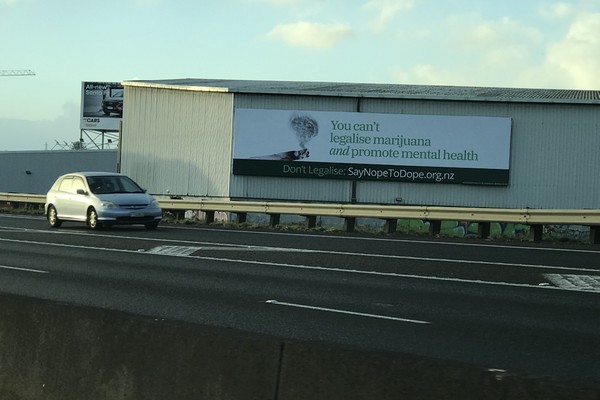

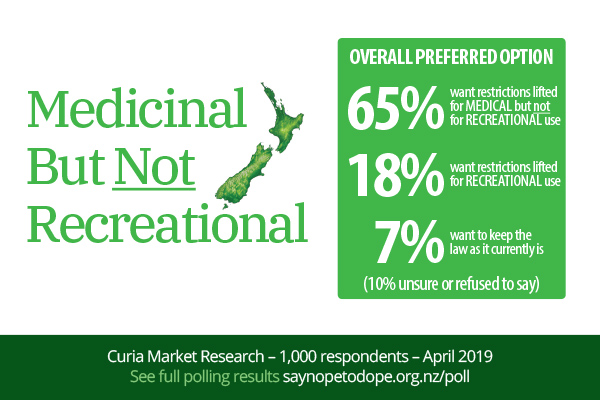
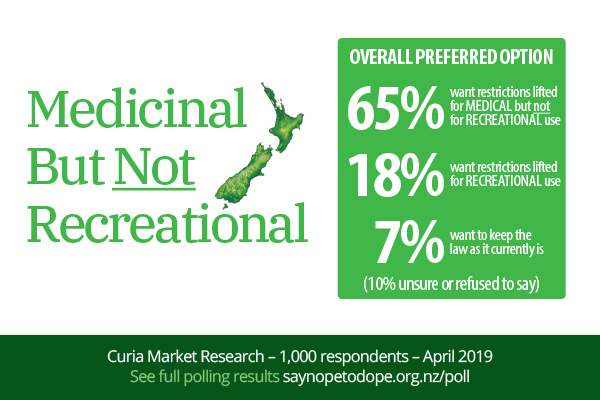 Media Release 23 April 2019
Media Release 23 April 2019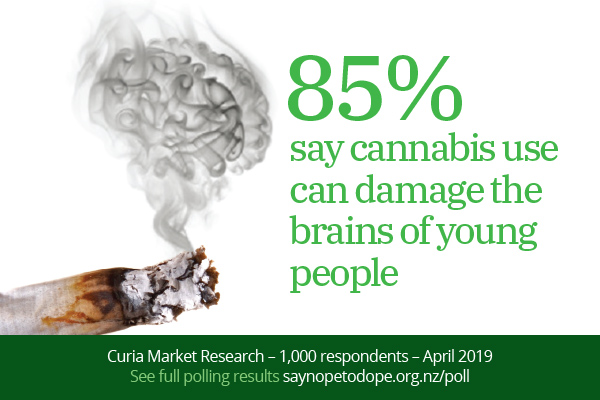 The independent polling, commissioned by the SayNopeToDope Campaign also found:
The independent polling, commissioned by the SayNopeToDope Campaign also found: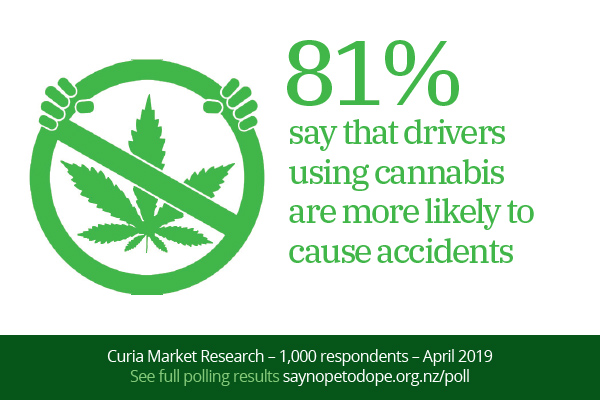 “A sensible drug policy should recognise three pillars – similar to the successful approach towards SmokeFree NZ:
“A sensible drug policy should recognise three pillars – similar to the successful approach towards SmokeFree NZ: